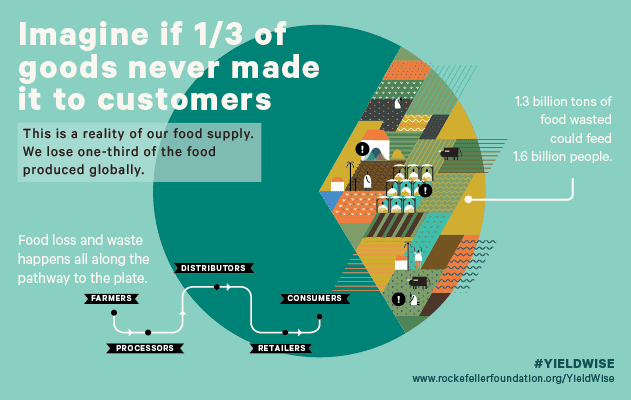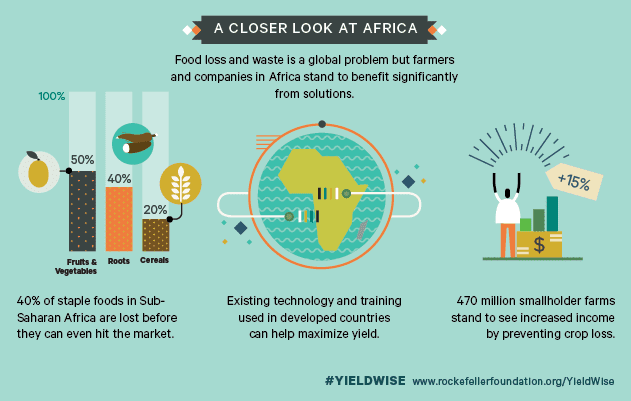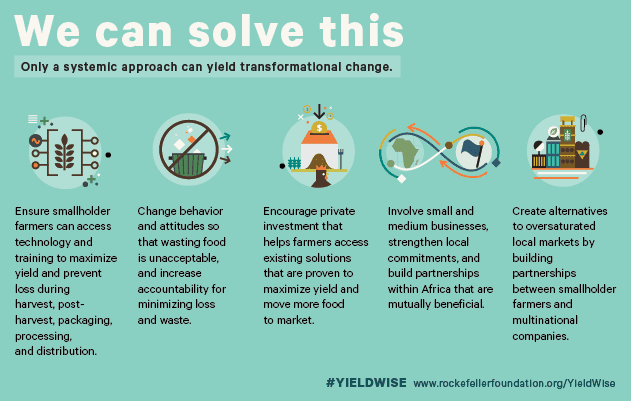
Major development initiatives grapple with economic, technological, and political considerations but often leave out an important piece of the puzzle: individual behavior. For instance, if deworming medications are distributed but few families utilize them, there may be little effect on the health of children in the community. If a new microfinance program offers loans to first-time entrepreneurs, but participants fail to repay these loans on time, the program may do little to help recipients build their businesses or escape poverty. How can program designers, funders, and evaluators anticipate challenges like these and build programs that can withstand them? The burgeoning field of applied behavioral science points to some promising answers.
“How can program designers, funders, and evaluators anticipate challenges and build programs that can withstand them?”
Behavioral science is an academic discipline dedicated to understanding the factors that shape individual decisions and, in turn, actions. Over the past several decades, researchers have generated a large (and growing) body of evidence suggesting that our choices are influenced by factors beyond economic costs and benefits. The way an option is framed, how easy or hard it is to complete an action, and our perceptions of what our peers are doing are but a few considerations that shape our choices, whether or not we’re conscious of their effect. The good news is that the more we collectively learn about the drivers of human behavior, the better positioned we are to design programs and policies that take real, rather than idealized, human tendencies into account.
To test the promise of applied behavioral science and design in the field of international agriculture, The Rockefeller Foundation has partnered with ideas42, a nonprofit organization dedicated to using academic insights from behavioral science to solve tough social problems. The initial focus of this collaboration is Rockefeller’s YieldWise Initiative that aims to reduce post-harvest loss by 50 percent in representative value chains to improve millions of lives. ideas42’s role within this larger undertaking is to define the behavioral challenges most likely to interfere with the initiative’s success, diagnose the drivers of these challenges, and design preliminary solutions.
Although the YieldWise Initiative currently covers four crop value chains in three countries, the ideas42 team focused its work on the maize value chain in Tanzania. The process began with a thorough review of data generated during the pilot season of the intervention and interviews with a range of stakeholders. These preliminary explorations pointed to uptake of Purdue Improved Crop Storage (PICS) bags among smallholder maize farmers as a potential area of focus. PICS are hermetically sealed storage bags that offer farmers a relatively inexpensive means to protect their crops from pests without relying on pesticides. Protecting grain from weevils, rats, and other pests reduces crop loss—which in turn leads to more income for the farmer and increased food security.
The YieldWise Initiative is collaborating with the Alliance for a Green Revolution in Africa (AGRA) and manufacturers of PICS bags to improve the distribution and availability of hermetic storage solutions in Tanzania to reduce loss of stored grains. Data from the pilot season suggested that farmers recognized the benefits of using these bags and were excited about the new option. Still, some of them weren’t adopting, or weren’t fully adopting, this new storage solution. What could be driving this gap between an intention to use the bags and actual purchasing patterns?
Puzzles like this are familiar to the ideas42 team. Around the world and in many domains, ideas42 has found that people who stand to gain from a product or service often fail to take advantage of it. Sometimes, it’s an information problem, and the solution involves making people aware of the resource. More often, though, we find people who are well aware of a program or product and its benefits, form an intention to participate or purchase… and fail to act. While there are a few common drivers of these “intention-action gaps,” it’s critical to identify the unique factors at work in a particular context. To do this, staff from Rockefeller and ideas42 spent time with farmers in Iringa, a region in Tanzania’s Southern highlands, to observe what was happening on the ground.

Over the course of a week, we interviewed farmers and implementation staff; sat in on farmer association meetings; and observed the PICS bags in use. In the handful of locations we visited, farmers planned to purchase and use PICS bags, but weren’t always able to afford them prior to harvest, when storage solutions are needed but cash on hand is lowest. In other cases, farmers weren’t necessarily making accurate long-term cost comparisons between different storage options, so they favored those with the cheapest upfront costs rather than those that offered potential savings over the course of several years, like PICS bags. In the coming weeks, we will continue to unpack our key findings and consider a range of potential interventions that could make it easier for farmers to identify and follow through on approaches that reduce post-harvest loss.



Leave a comment